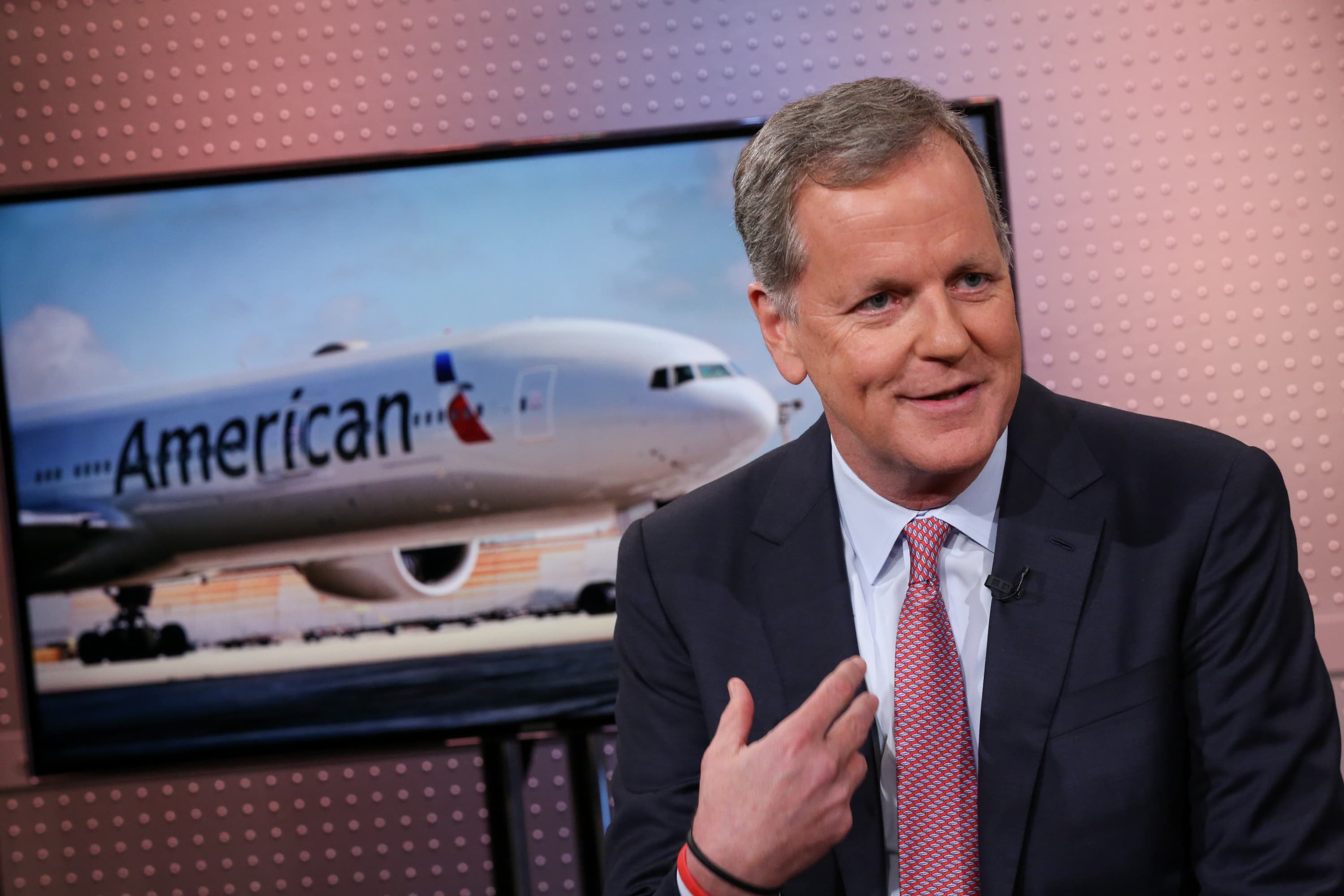
This is a story about Amazon, Senator Bernie Sanders, and Twitter.
To make clear what happened, and to show how much has changed, I want to begin with something Jeff Bezos said more than two decades ago. Back then, in February 2000, Amazon was unprofitable, and much smaller even than Barnes & Noble.
But it had enormous ambitions. So, writer David Sheff asked Bezos for Playboy if Amazon hoped to become something that seemed pretty darn big at the time: "the Wal-Mart of the [Internet]."
Bezos rejected the idea, arguing that it wasn't fair to call Amazon the "fill-in-the-blank of the Internet," as he put it, because no matter what you filled in the blank with, Amazon aspired to be a lot bigger:
"The truth is: We are, and aspire to be, the Amazon.com of the Internet.
There is no analogue in the physical world. Are we a department store? Department stores have a very limited selection. ... We are limitless. We have virtually every product that exists. ...
We can ... personalize our store for you. They can't do that in a physical store; They can't run around and rearrange the shelves to accommodate every customer. ...
Another difference is that our core business isn't selling things. Our core business is helping people make purchase decisions."
He went on from there, but I think the takeaway is clear. If you use the rhetorical structure of describing yourself as the "X of the Y" in your field, you run the risk of diminishing yourself, compared to the "X."
Now, in fairness, this "X of the Y" rule is not always an unjustified rhetorical cost. If you're pitching a startup, it can serve as a useful shorthand.
"You know that big successful thing? We're like that, only in another realm." (Usually a smaller realm.)
Or else, "We're 'the X of the Y,'" like:
- "We're going to be like Uber for landscapers and lawn care."
- "We're the Airbnb of campsites and RVs."
- And even: "We're building the Amazon of China, or Africa."
All of which brings us to last week, when it was revealed that Senator Sanders was heading to Alabama to meet with Amazon workers at a big warehouse who want to unionize.
Dave Clark, CEO of Amazon's retail business, tweeted in anticipation of Sanders's arrival:
"I often say we are the Bernie Sanders of employers, but that's not quite right because we actually deliver a progressive workplace ... "
1/3 I welcome @SenSanders to Birmingham and appreciate his push for a progressive workplace. I often say we are the Bernie Sanders of employers, but that's not quite right because we actually deliver a progressive workplace https://t.co/Fq8D6vyuh9
-- Dave Clark (@davehclark) March 24, 2021
It sounds like kind of a sick burn at first, suggesting that Sanders is ineffectual, and that Amazon deserves credit for things like paying at least $15 an hour and offering health care to employees.
But, consider "the X of the Y," or in this case: "the Bernie Sanders of employers."
I can't help noticing that Clark here has done something pretty darn close what Bezos fastidiously wanted to avoid in that interview 21 years ago: framing Amazon's adversary as the thing to which it wants to be compared.
It's not without cause, I mean a while back Sanders literally introduced a bill called the Stop BEZOS Act. Although, a couple of years ago when Amazon increased its internal minimum wage above $15 an hour, Sanders praised Amazon for it.
Clark isn't new to Amazon; he's been in his current role with the company since August, but he's been at Amazon since 1999.
(Reportedly, he was nicknamed "the Sniper" during his earlier career, referring to his alleged propensity to lurk in Amazon warehouses, looking for workers who were slacking off so that he could fire them.)
Now, it's beyond the scope of this article to explore whether Amazon's employees should unionize, or whether Amazon should oppose them.
My colleague Suzanne Lucas did a good job covering some of the substantive debate here, including whether some Amazon employees are so harried at work, that they have no choice but to pee in bottles.
Regardless, Sanders has now come and gone, the union vote ends today, and we'll know soon enough what the employees decided. So, for our purposes, and for anyone running a business, let's leave with a final examination of the "X of the Y" rule.
- Adopt it, if it helps you explain your business.
- Avoid it if you want to avoid elevating a competitor.
- Maybe even remember that Bezos was so loathe to use it.
Like a lot of rules in business and in life, it's OK to break this one. Just make sure you're aware that you're doing it.
https://ift.tt/3w7GsOl
Business

No comments:
Post a Comment